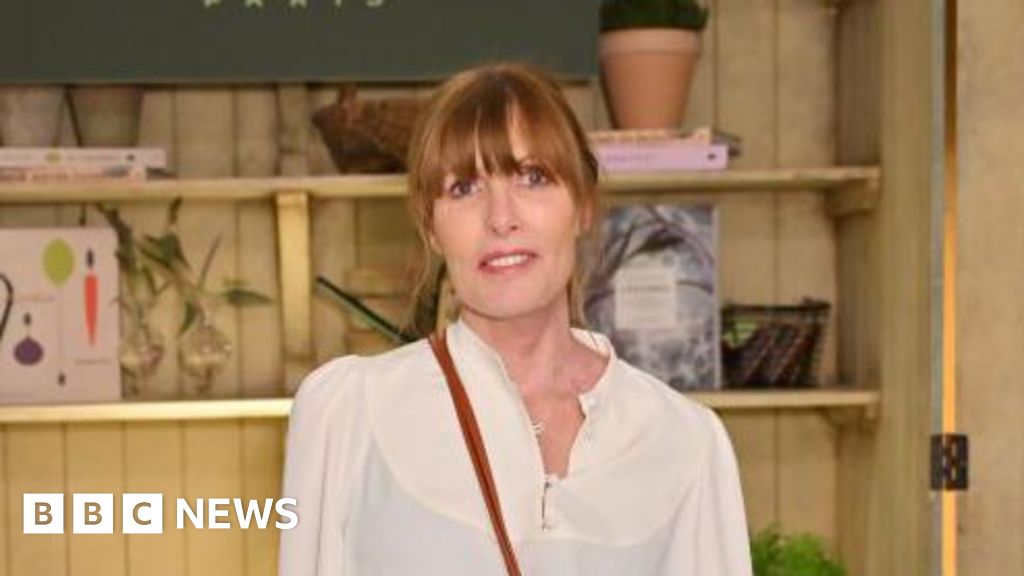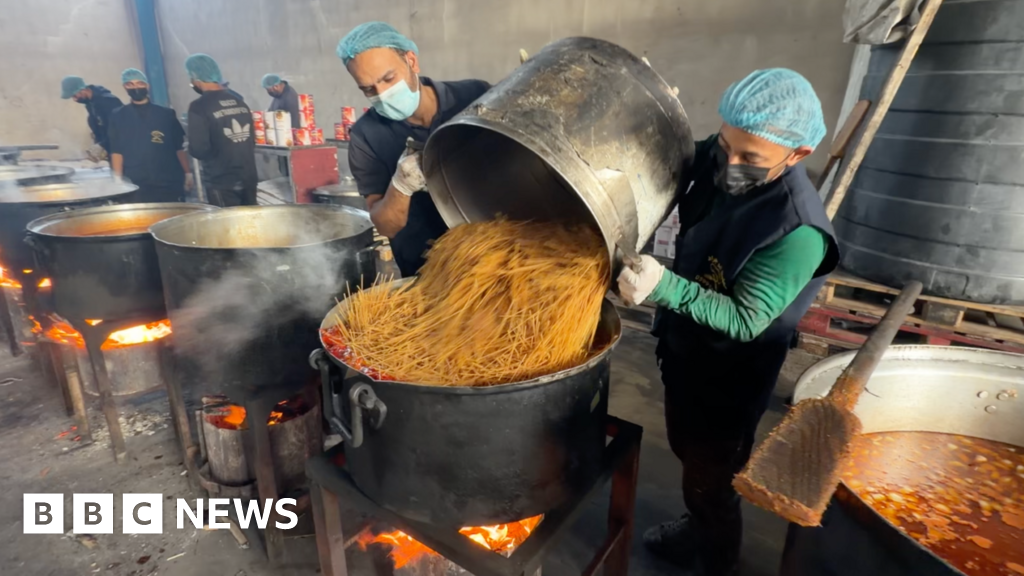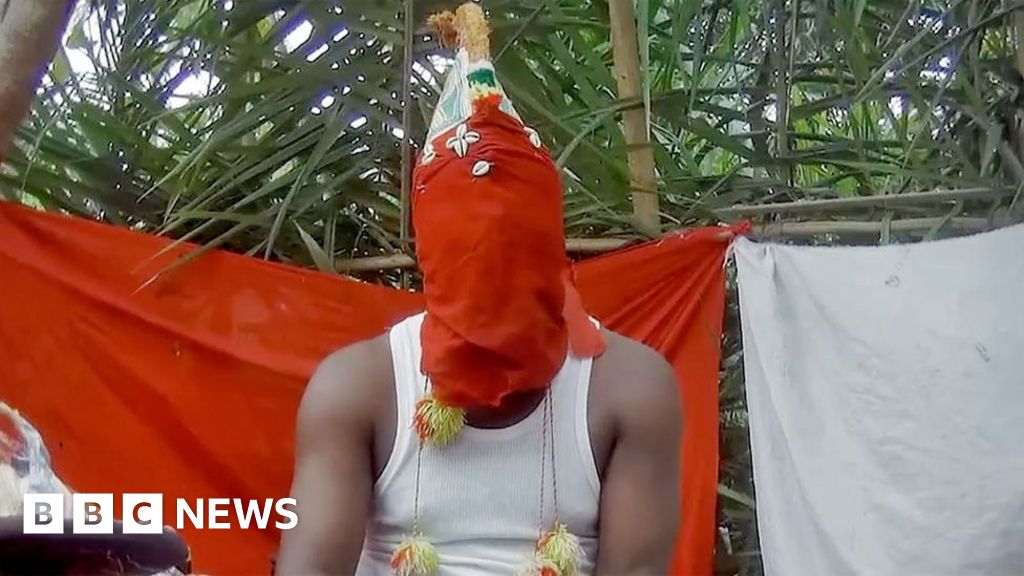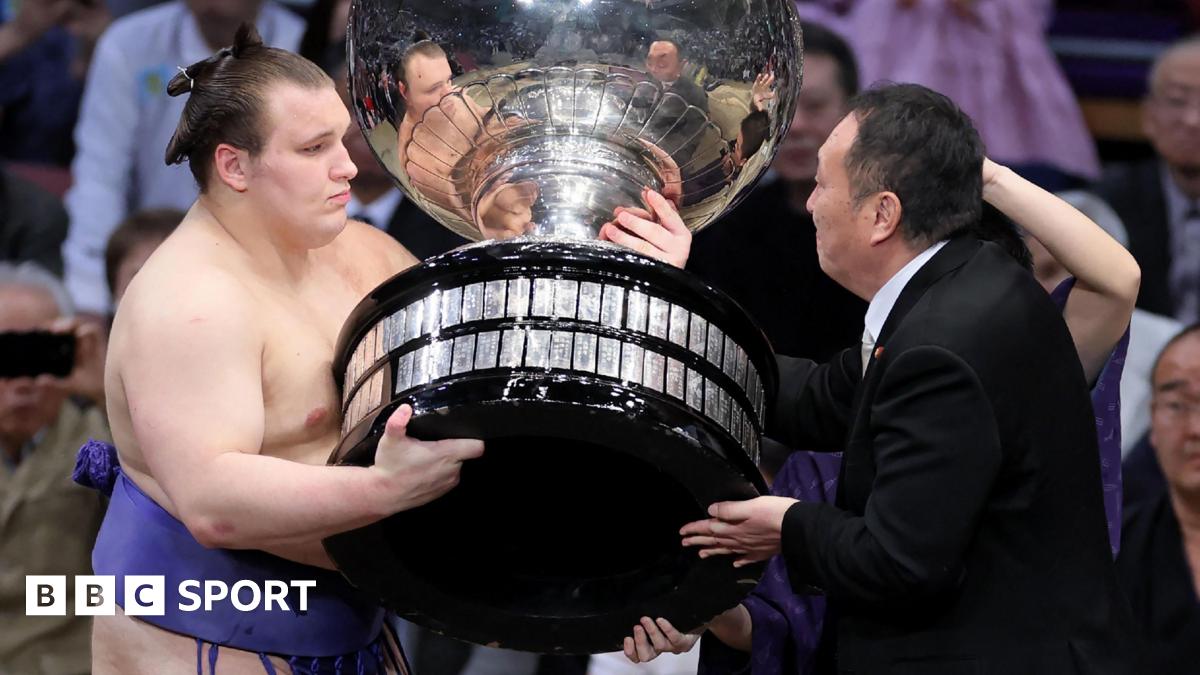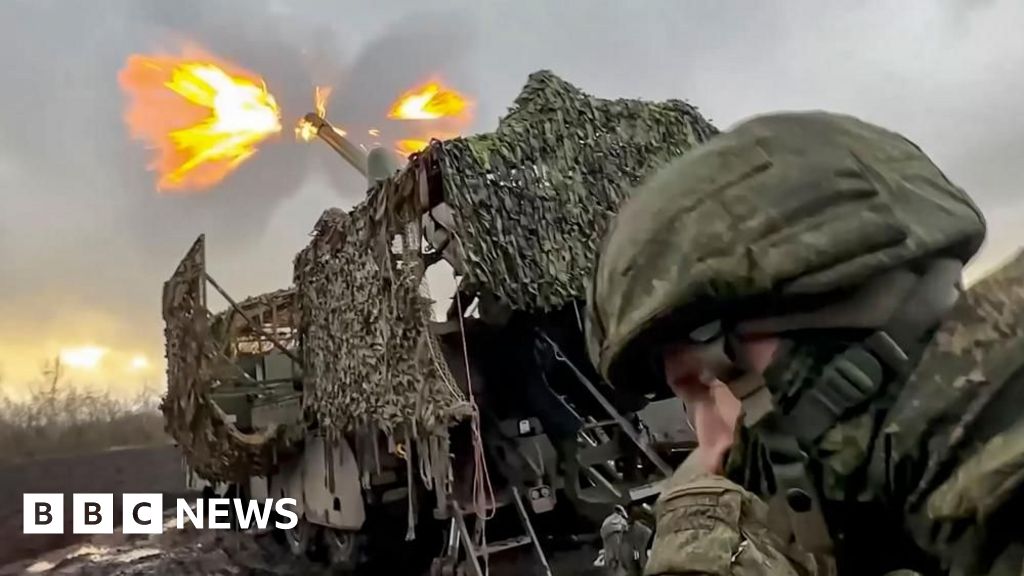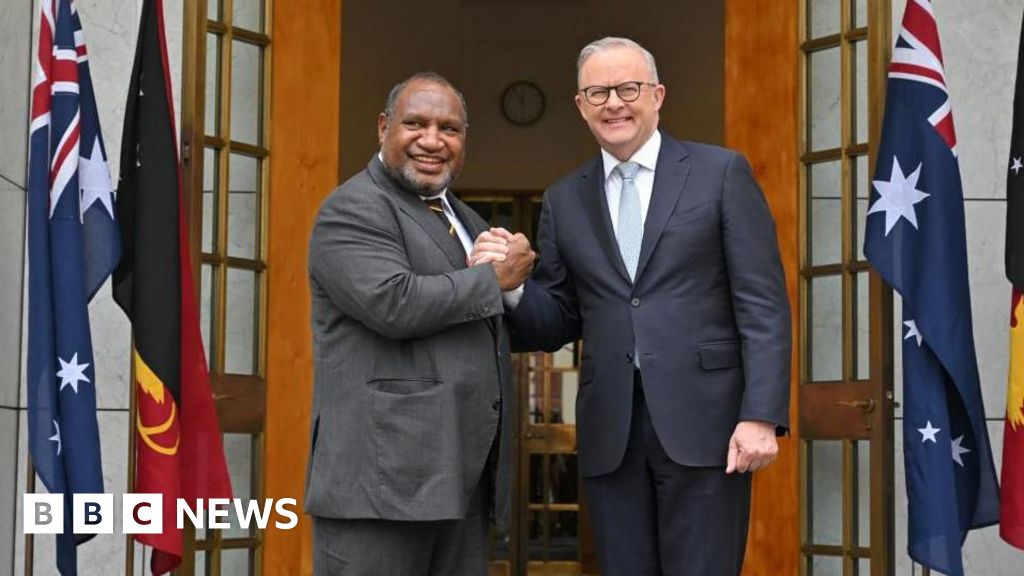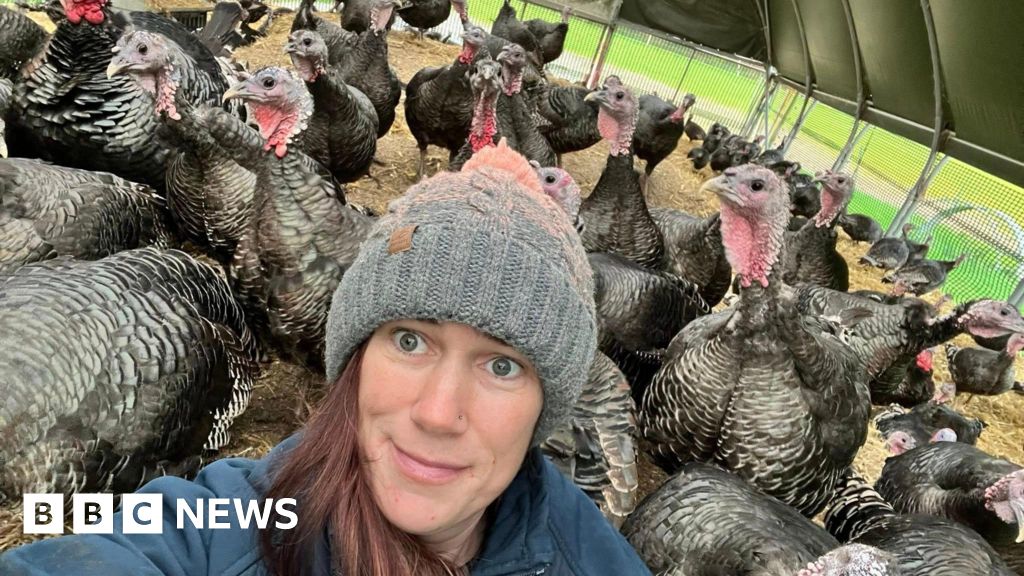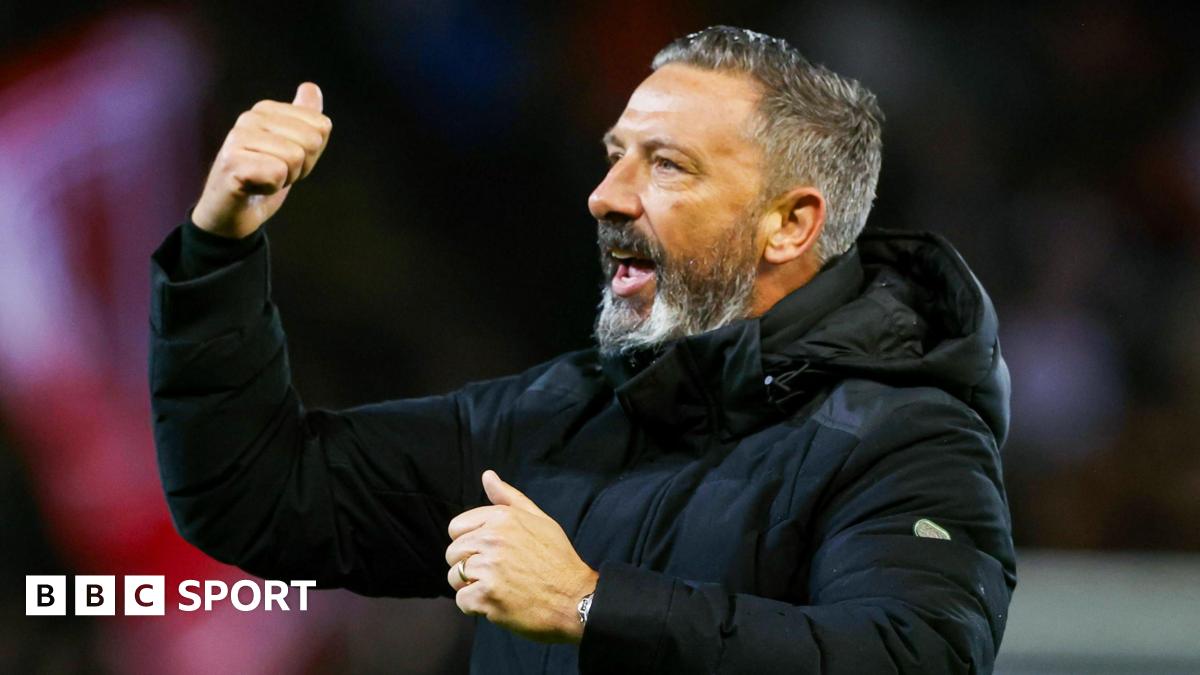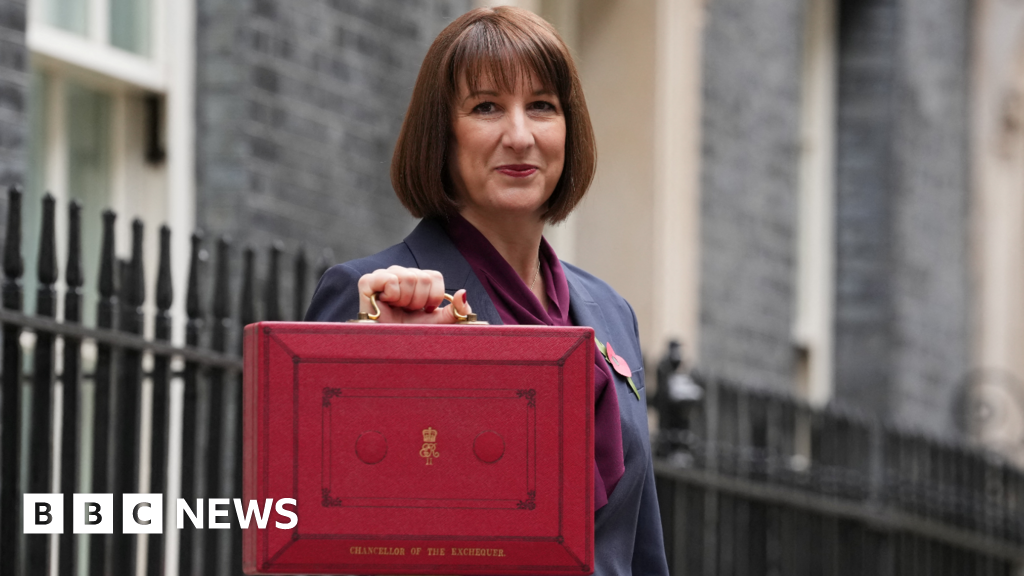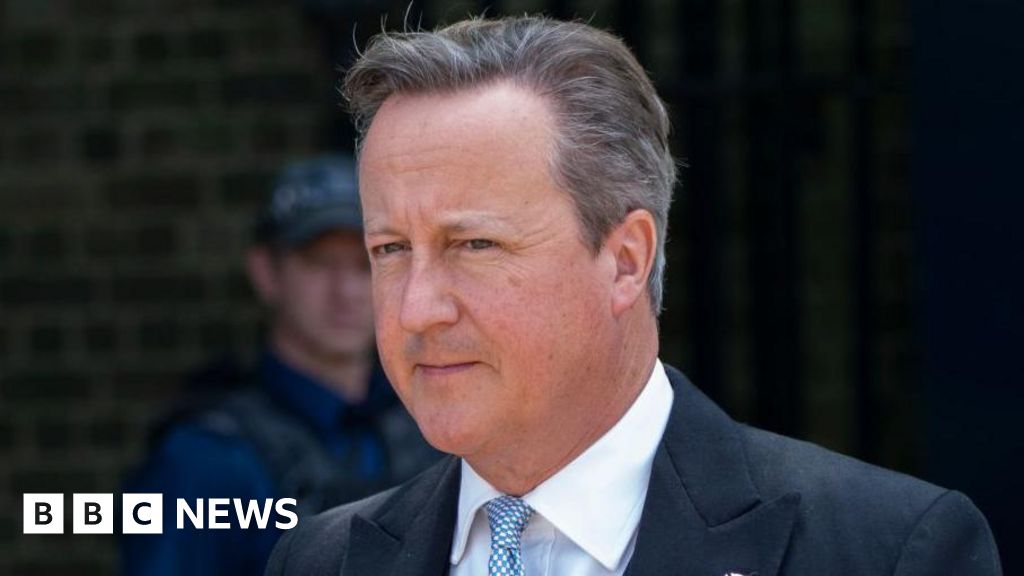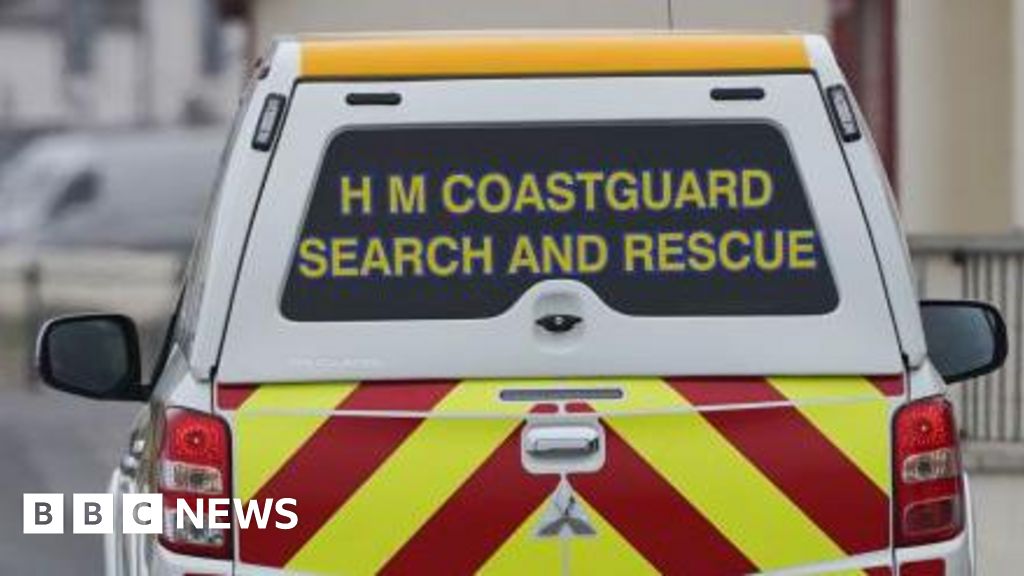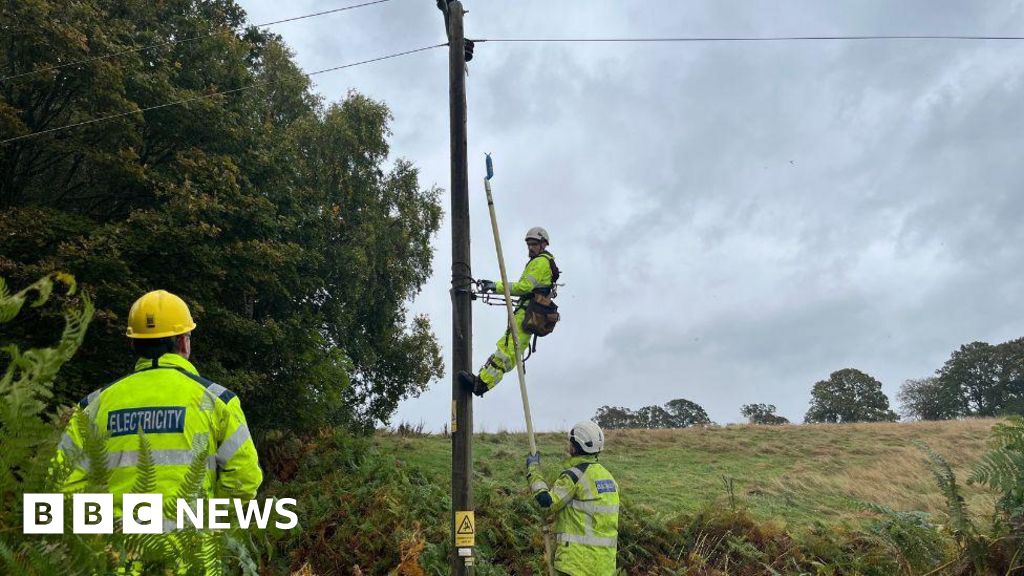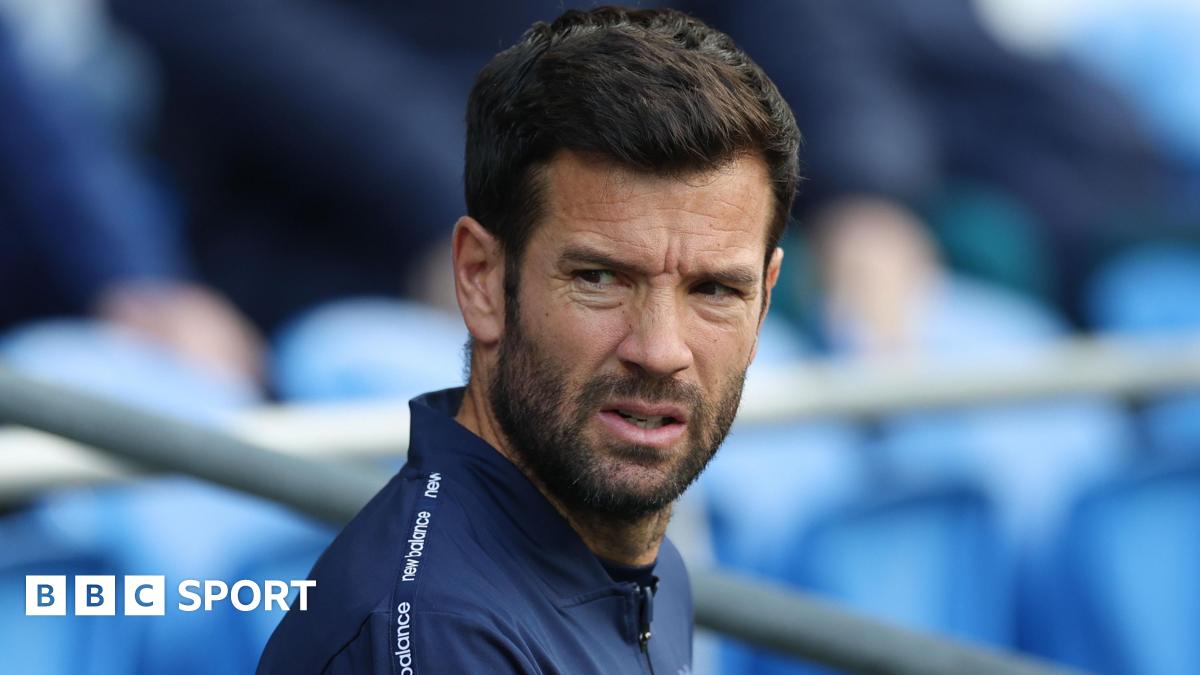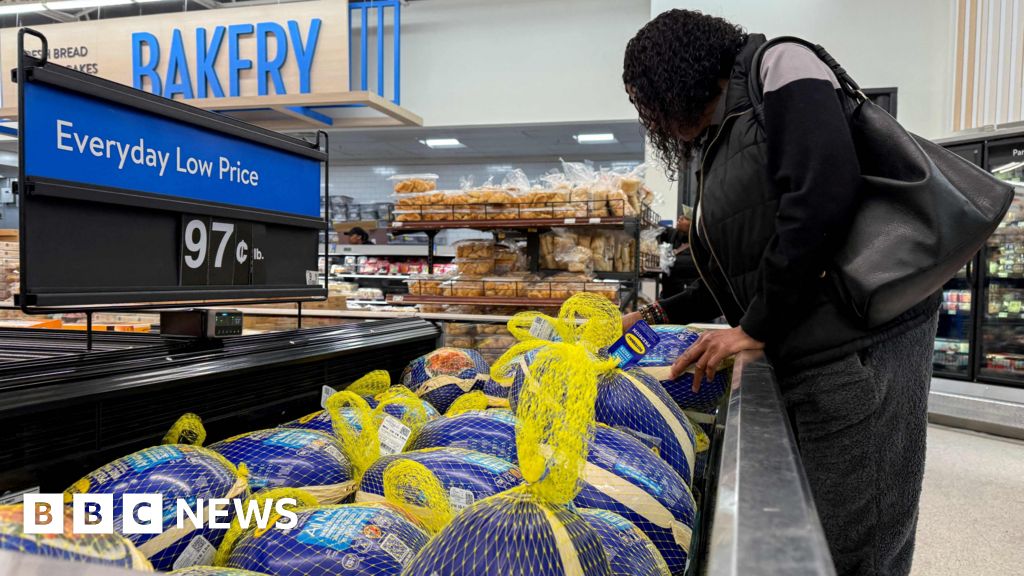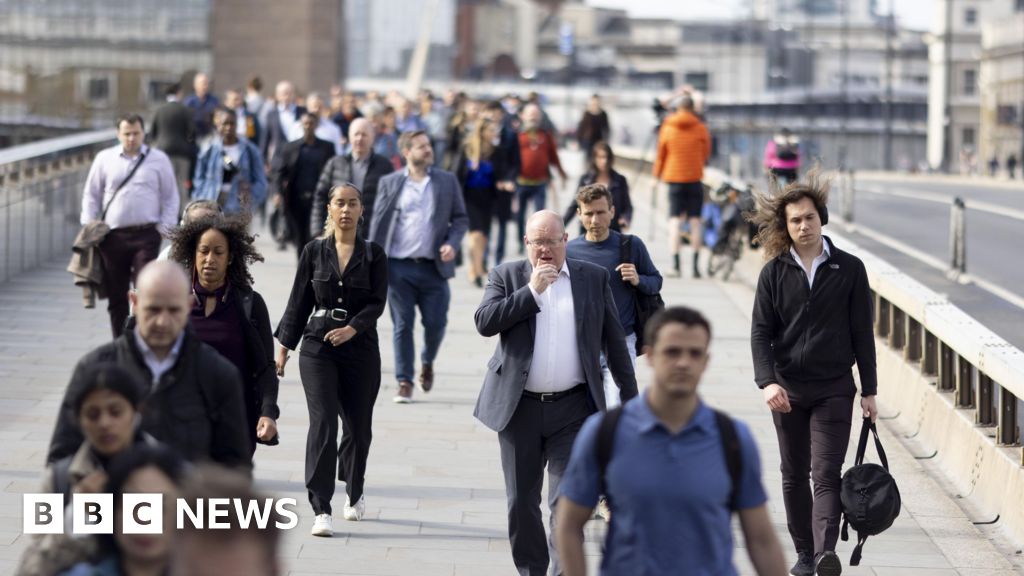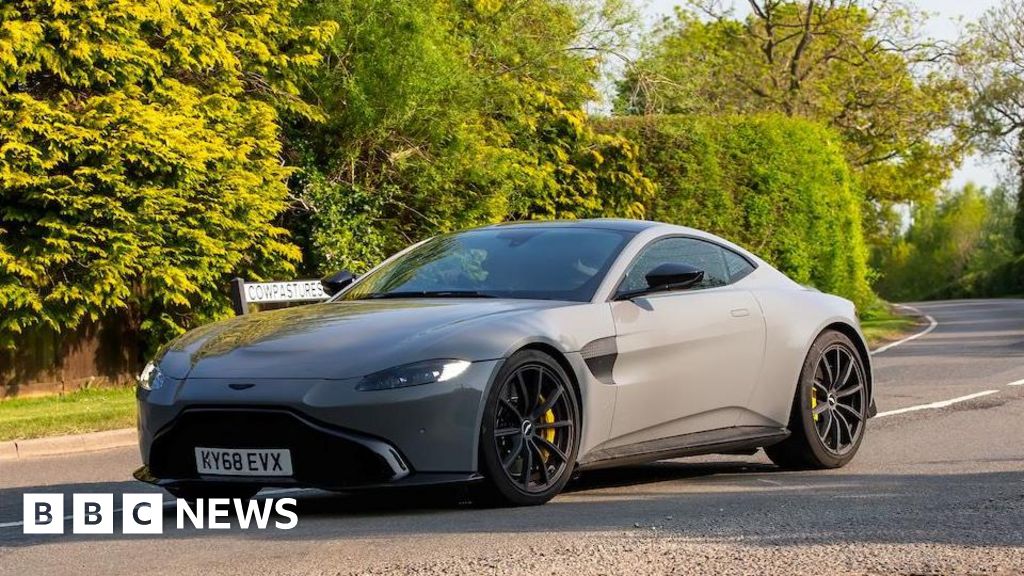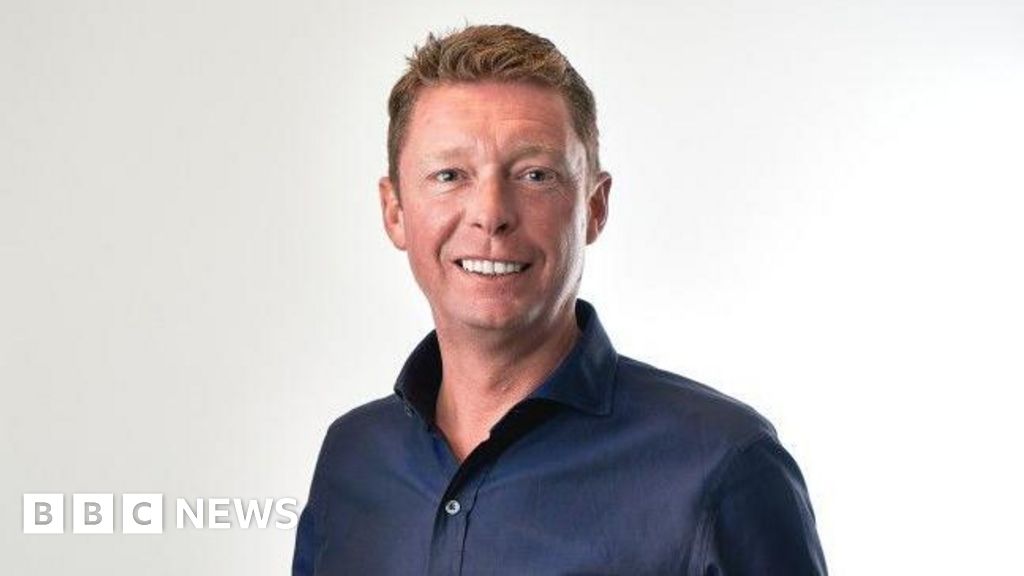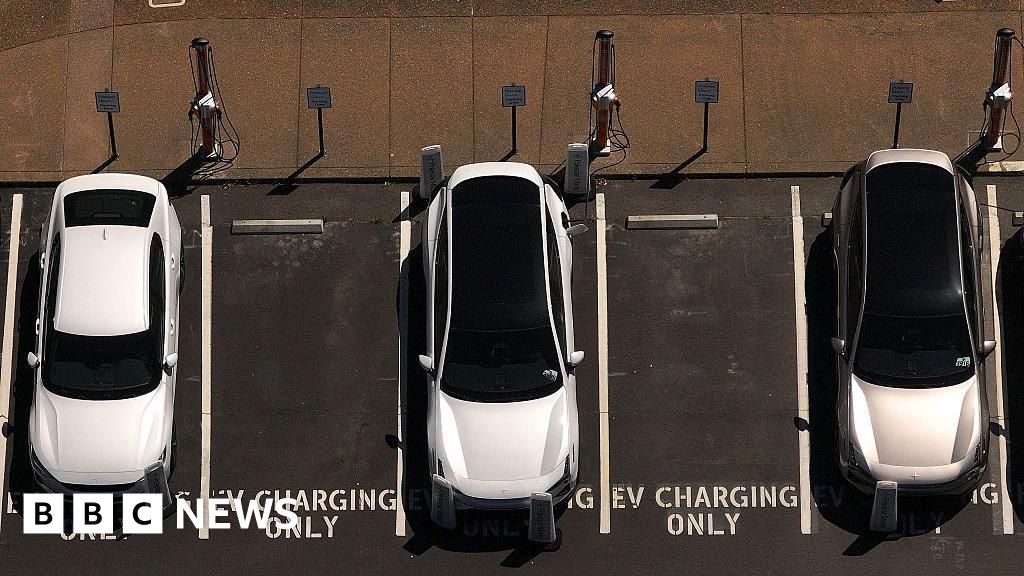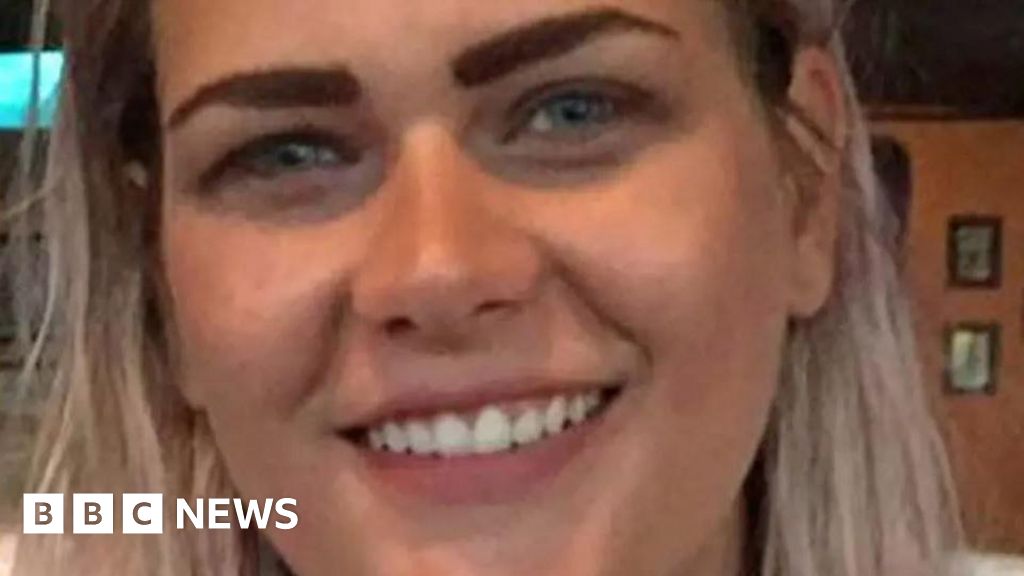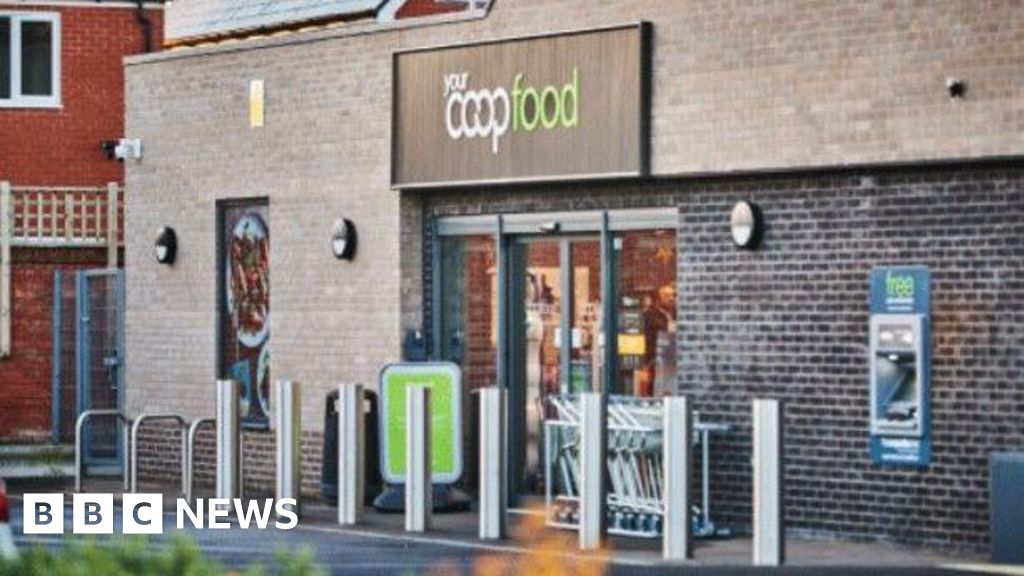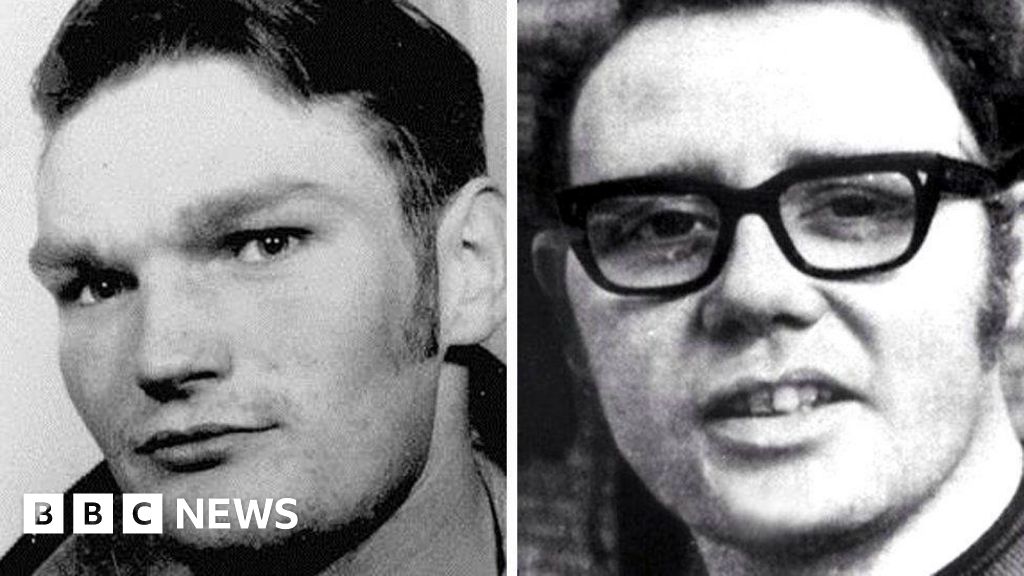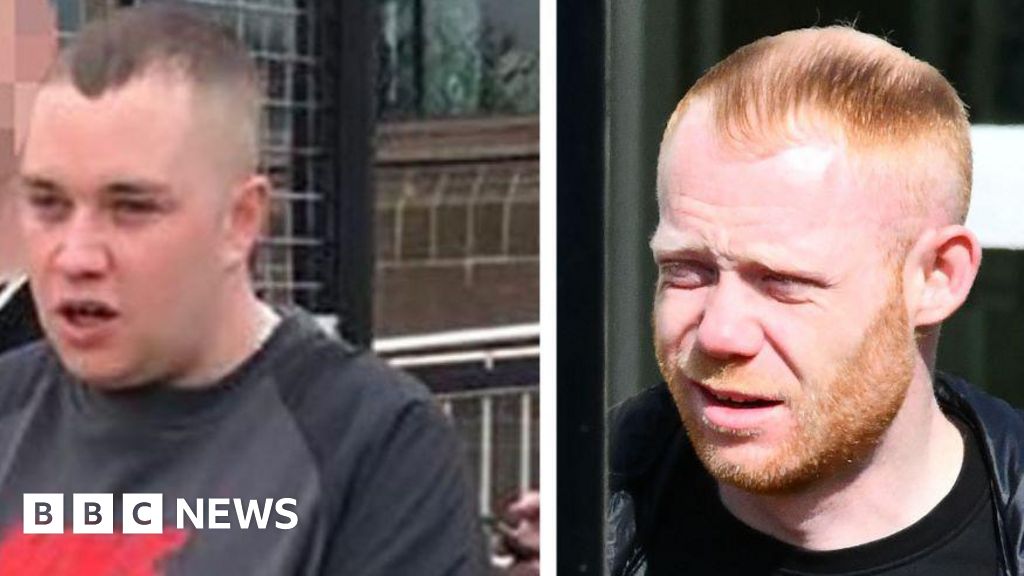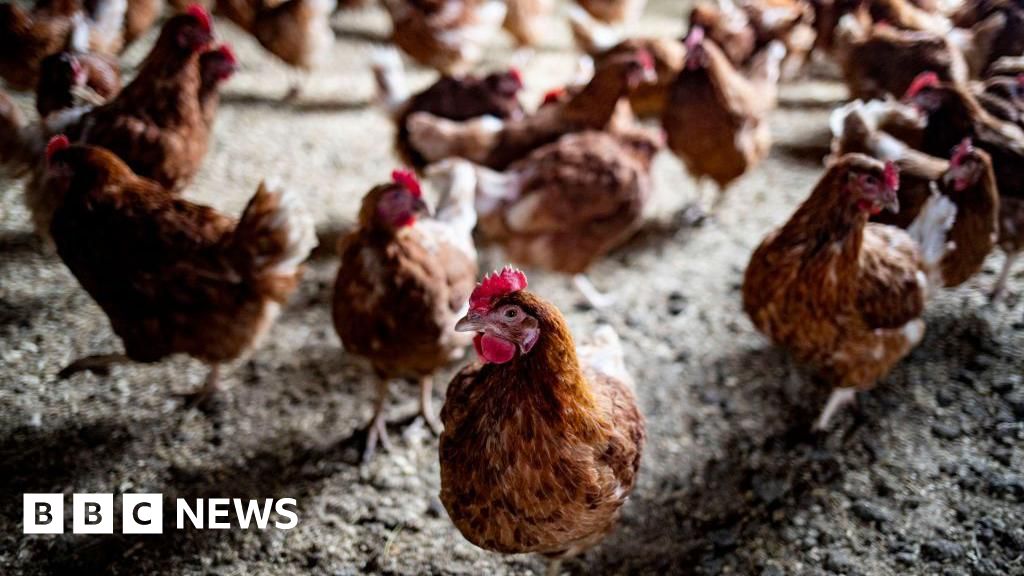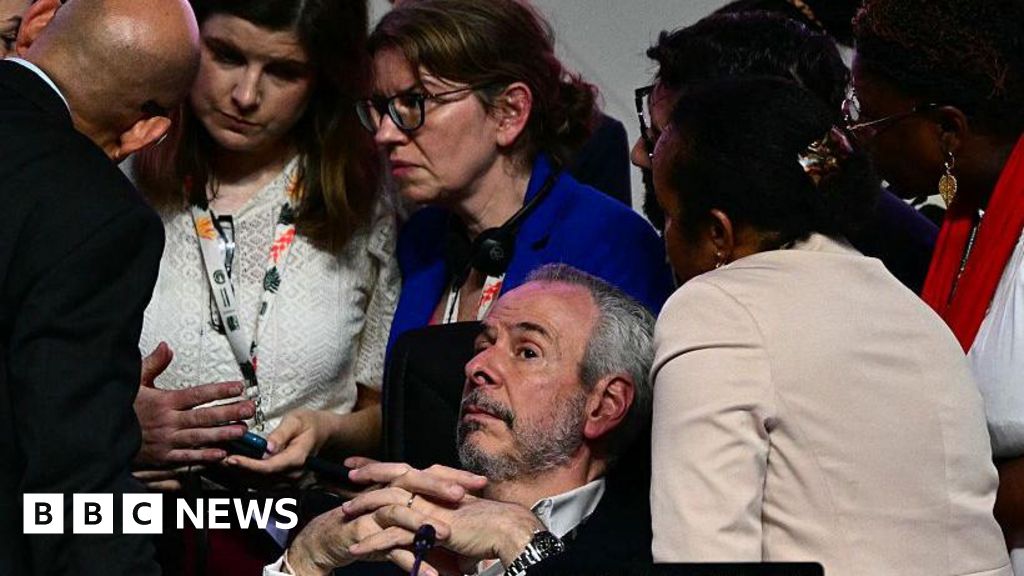Catherine MorrisonBBC News NI
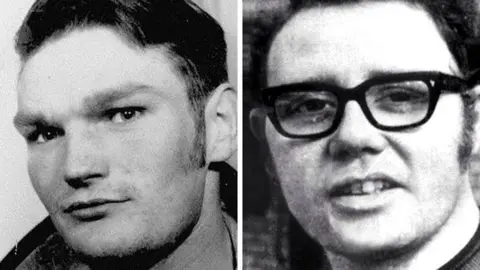 BBC
BBCA man has told the trial of Soldier F how he tried to help a man shot on Bloody Sunday by telling him to “play dead”.
Malachy Coyle, who was 15 and still at school at the time of Bloody Sunday in 1972, told the court he had been hiding in the backyard of a house when the man was shot.
Mr Coyle was giving evidence at the trial of the Army veteran, who cannot be named for legal reasons, who is accused of the murders of James Wray, 22, and William McKinney, 26.
They were among 13 people who were shot dead by the Parachute Regiment at a civil rights demonstration in the Bogside area of Londonderry on 30 January, 1972.
He is further accused of attempting to murder Patrick O’Donnell, Joseph Friel, Joe Mahon, Michael Quinn and and unknown person on the same date.
Soldier F’s non-jury trial began in Belfast last month.
‘Don’t move, pretend you’re dead’
On Friday, Mr Coyle told the court he joined the civil rights march with two friends.
He described how the CS gas used on marchers left him throwing up and unable to breathe.
The court was told Mr Coyle went into Glenfada Park North to get away from the gas and then heard high velocity shots. He described to the court a high pitched crack of the bullets.
People began running in panic as did he, Mr Coyle said, but he was pulled into a backyard by a man he did not know.
It was as he was hiding in the yard, looking through the slats in the fence that he saw three bodies lying on the ground, the court heard.
Mr Coyle said the man lying closest to him turned his head and looked up, saying “I can’t move my legs”.
“I said, “don’t move, pretend you’re dead.”
But then, the court was told, another shot rang out.
“He groaned and his head went down. He was gone.”
Mr Coyle told the court he did not see who fired the shot.
‘I’m going to shoot you’
Mr Coyle described to the court one soldier who was different in appearance and manner to other soldiers.
He was not wearing a helmet, Mr Coyle said, as he walked across Glenfada Park North.
“He looked angry and unstable.”
“He said ‘I’m going to shoot you, you Irish bastards'”.
He said the soldier turned and looked towards a group of people.
“He was looking towards the people hiding behind the flats, mostly young men.”
He told the court he then saw that soldier open fire on a young man, but did not know if he was hit.
‘I felt a bullet going through my hair’
On Friday afternoon, a number of witness statements were read to the court.
Joseph Gallagher, who was 19 in 1972, described how he bent over the body of James Wray, who had been shot, to try and drag him away.
The court heard that as he bent over, he felt a bullet going through his hair. He said he had seen a soldier with fair hair “firing steadily”.
“I felt a bullet going through my hair. Two more shots were fired at me.
“The soldier was still shooting. The bullets… hit the wall of the flats, struck the wall about two or three feet away, I saw the dust,” the court heard.
Another statement from Donald Bosco Campbell, who was 18 years old on Bloody Sunday, described how he had helped carry an injured William McKinney to a nearby house.
“We laid him on his back on the floor. He was still conscious, complaining about the pain in his back. His coat fell open and I saw blood on his stomach,” the court was told.
“He recognised me and called me ‘young Campbell’. He passed me his watch and said: ‘Keep that, I’ll never see that again.'”
The court heard that Mr Campbell later gave the watch to Mr McKinney’s family.
The trial continues.
Who is Soldier F?
Soldier F is a former British soldier who served with the Army’s Parachute Regiment in Northern Ireland during the Troubles.
He cannot be named due to an interim court order granting his anonymity.
The decision to charge Soldier F was taken by the Public Prosecution Service (PPS) in 2019.
He was one of 18 former soldiers reported to the PPS as a result of a police investigation, which followed the public inquiry into Bloody Sunday conducted by Lord Saville.
But he was the only one charged.
Two years later, the PPS dropped the case after the collapse of the trial of two other veterans who had been accused of a 1972 murder in Belfast.
But the prosecution resumed in 2022 after a legal challenge.

